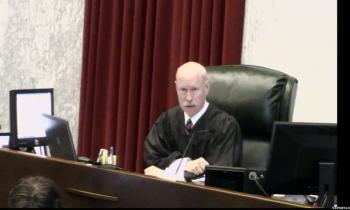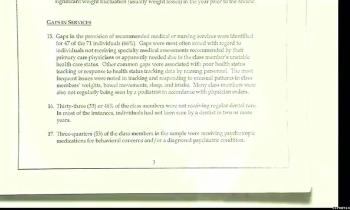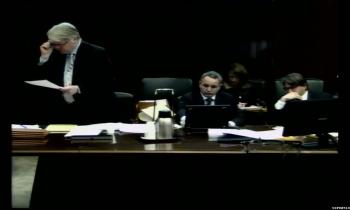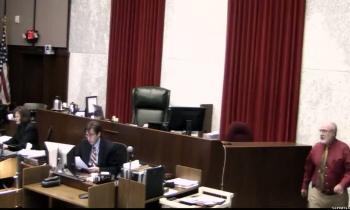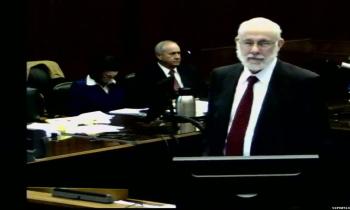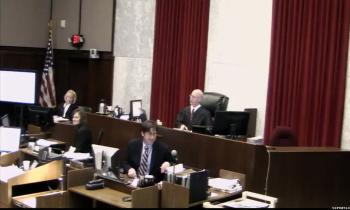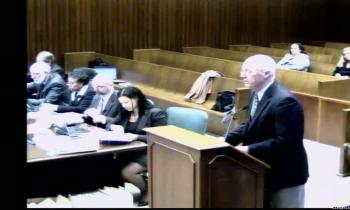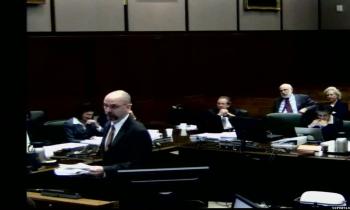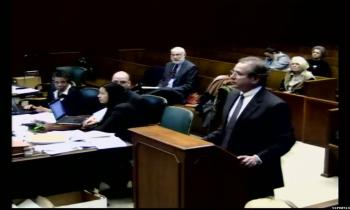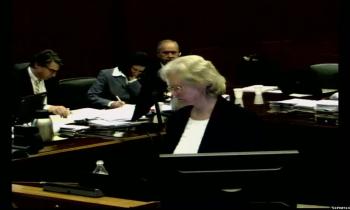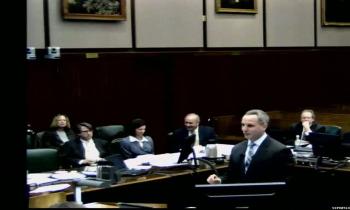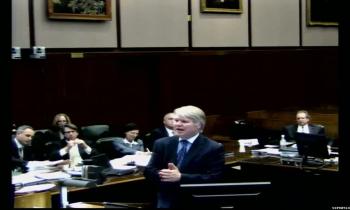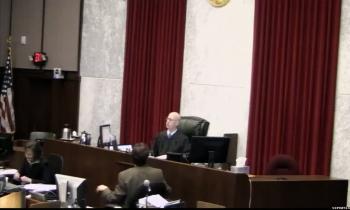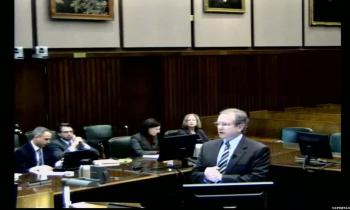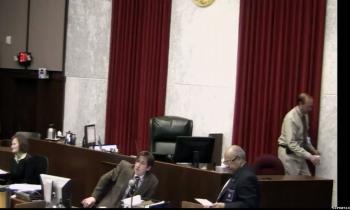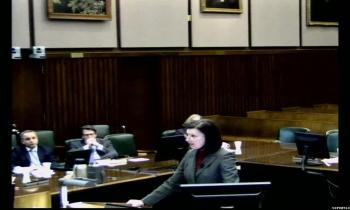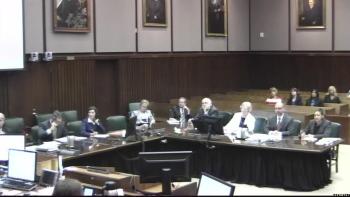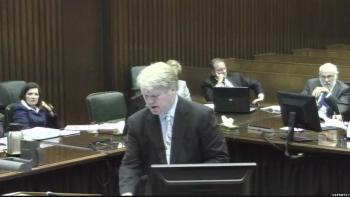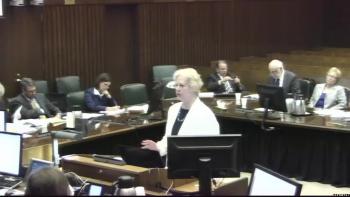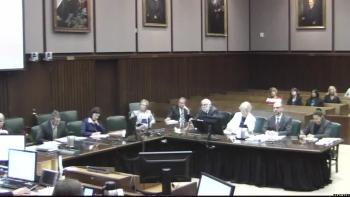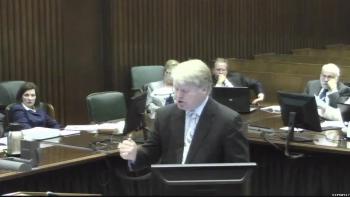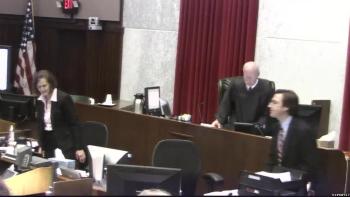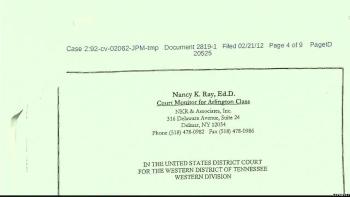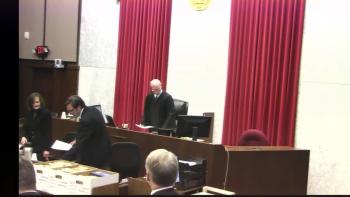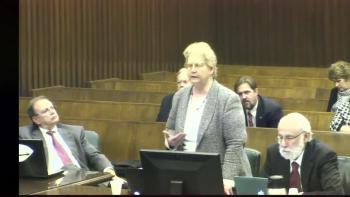Case Summary: 92-cv-2062
This case is about the rights of the mentally retarded and developmentally disabled citizens of western Tennessee and the federal supervision of services rendered to such people since 1992.
In 1992, the Attorney General for the United States (“U.S.”) filed suit against the State of Tennessee and certain individuals with authority over the operation of Arlington Developmental Center (“Tennessee”) to enjoin them from depriving residents at Arlington Developmental Center (Arlington) of their constitutional rights. A separate suit was also filed against Tennessee by People First (an advocacy organization for persons with disabilities) and individual residents of Arlington as a class action suit. The class was certified as including not only the current residents of Arlington but also “all those at risk of institutionalization at Arlington.” These suits/plaintiffs were ultimately joined together (“Plaintiff”).
Plaintiffs alleged a number of concerns including the failure to protect the residents from abuse and neglect and to provide adequate medical care and training of the staff. They asked the Court to enter an order permanently enjoining Tennessee from continuing these acts and requiring it to take such action as would provide constitutional conditions of care to persons who reside at Arlington.
After a trial in 1993, the Court agreed that the conditions at Arlington did not comply with the substantive due process requirements of the 14th Amendment and entered an Order containing more than 150 requirements and 103 deadlines. A subsequent 1997 Order added a number of further provisions to improve the quality of care at Arlington, including a provision discussed in the video which prohibited the placement of class members in non-community homes.
After Arlington was permanently closed in 2010, the State filed a Motion to Vacate All Outstanding Orders and Dismiss the Case. In 2011, the Court, with the consent of the parties, entered an Agreed Partial Order vacating prior orders relating to the operation of Arlington but did not address whether the litigation and court monitoring should continue. In the video, the Court is shown conducting an evidentiary hearing in January 2012 on these remaining issues.
On June 18, 2012, the Court heard the parties’ final arguments (video pending) and, on September 4, 2012, the Court determined that the objective of the Court’s remedial orders had not been fully achieved because the prior orders of the Court were meant to ensure the constitutional rights of all class members, not just the rights of the residents of Arlington and, thus, the closure of Arlington did not end the State’s obligation to class members. The Court ordered the parties to complete mediation in order to develop “objective and measurable exit criteria for the dismissal of this action.” Tennessee has appealed this Order to the Sixth Circuit Court of Appeals.
Case Highlights
- Complaint filed 1/21/1992
- Filed Amended Motion to Vacate all Outstanding Orders and to Dismiss the Case (8/11/2011)
- Evidentiary Hearing on 1/3/12-1/4/2012
Case-related documents, including those referenced above, are available via the Public Access to Court Electronic Records (PACER) service. For more information, visit Pacer.gov.

